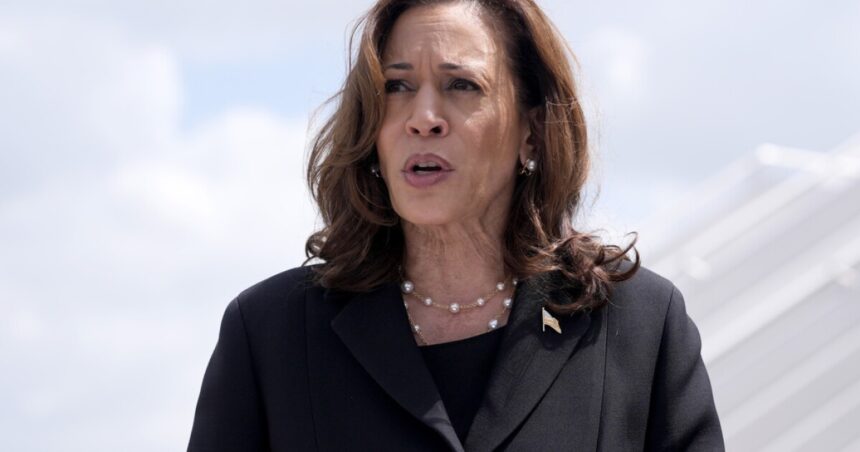Vice President Kamala Harris is focusing on the issue of high food prices as she prepares for an economic policy speech in North Carolina, where she will advocate for a federal ban on price gouging in grocery stores to address a major concern among voters.
Harris is specifically addressing the increase in meat prices, which she attributes to a significant portion of rising grocery bills.
Although year-over-year inflation is at its lowest level in over three years, food prices have risen by 21% compared to three years ago. Former President Donald Trump has criticized the Biden administration’s handling of inflation, particularly due to its energy policies.
Additionally, Harris is aligning herself with President Joe Biden’s legislative and economic initiatives. They recently collaborated on efforts to reduce prescription drug prices, resulting in significant savings for Medicare beneficiaries. Harris played a crucial role in passing the 2022 Inflation Reduction Act through a tiebreaking Senate vote as vice president.
During a joint appearance in Maryland, President Biden praised Harris for her contributions, stating that she will make a great president.
While Biden has implemented measures to tackle rising food prices, including the creation of a “competition council” to promote competition in the meat industry, he expressed confidence that Harris will not distance herself from his economic record.
Public opinion on handling the economy slightly favors Trump over Harris, but a significant portion remains undecided. Consumer confidence surveys reveal ongoing concerns about high prices, particularly among low-income Americans.
As Harris proposes measures to combat price gouging, recent data suggests a moderation in inflation. Consumers are becoming more selective in their purchases and seeking lower-priced alternatives, leading to a slight increase in grocery prices nationwide over the past year.
Challenges in the meat industry, including supply disruptions and corporate consolidation, have contributed to high prices. While industry leaders attribute these increases to various factors such as increased production costs and supply chain disruptions, critics argue that price gouging and anti-competitive practices play a significant role.
The debate surrounding food prices and inflation continues to be a key issue in the political landscape, with divergent views on the causes and solutions to address rising costs.
RELATED STORY | Economy is having an impact on the campaign trail





